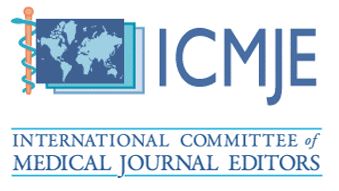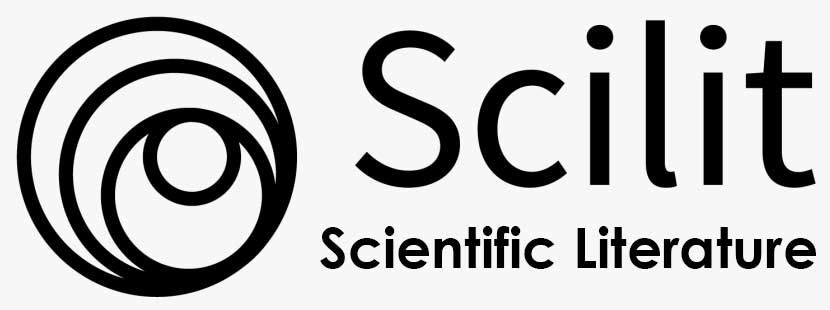Antiparasitic Activity of Essential Oils Against the Parasite Trypanosoma cruzi: An Integrative Review
José Thyálisson da Costa Silva1, Felicidade Caroline Rodrigues1, Saulo Almeida Menezes2, Lilian Cortez Sombra Vandesmet3, Yedda Maria Lobo Soares de Matos1, Luciene Ferreira de Lima1, Dieferson Leandro de Souza1, Maria Érika de Oliveira Silva4, Maria Elenilda Paulino da Silva3, Eveline Naiara Nuvens Oliveira1, Francisca de Fátima Silva de Sousa1, Nathallia Correia da Silva1, Valdília Ribeiro de Alencar Ulisses1, Paula Patrícia Marques Cordeiro1, João Pereira da Silva Junior1, Severino Denicio Gonçalves de Sousa5, Flávio Silva Tampelini5, Magaly Lima Mota1, José Weverton Almeida-Bezerra1*
1Regional University of Cariri, Crato – CE, Brazil.
2Federal University of Rio Grande do Sul, Porto Alegre – RS, Brazil.
3Federal University of Pernambuco, Recife – PE, Brazil.
4Dr. Lea o Sampaio University Center, Juazeiro do Norte – CE, Brazil.
5Federal University of Mato Grosso, Cuiaba – MT, Brazil.
*Corresponding Author: Prof. Dr. Jose Weverton Almeida-Bezerra, Department of Biological Chemistry, Regional University of Cariri, 63105-000, Crato, CE, Brazil.
https://doi.org/10.58624/SVOAMB.2025.06.006
Received: March 05, 2025
Published: April 01, 2025
Citation: da Costa Silva JT, Rodrigues FC, Menezes SA, Vandesmet LCS, de Matos YMLS, de Lima LF, de Souza DL, de Oliveira Silva ME, da Silva MEP, Oliveira ENN, de Sousa FMS, da Silva NC, de Alencar Ulisses VR, Cordeiro PPM, da Silva Junior JP, de Sousa SDG, Tampelini FS, Mota ML, Almeida-Bezerra JW. Antiparasitic Activity of Essential Oils Against the Parasite Trypanosoma cruzi: An Integrative Review. SVOA Microbiology 2025, 6:2, 46-57. doi:10.58624/SVOAMB.2025.06.006
Abstract
Trypanosoma cruzi is identified as the etiological agent of Chagas disease, a neglected tropical disease that affects millions of individuals in vulnerable regions. Available treatments have limitations due to inefficacy against resistant strains and severe side effects. In this context, medicinal plants have been considered promising therapeutic alternatives, with essential oils (EOs) standing out for their antiparasitic properties and potential for the development of new drugs. Addressing this issue, an integrative literature review was conducted to compile reports on the activity of EOs against T. cruzi from 2003 to 2023. Articles were selected from recognized databases, including PUBMED, Scopus, Web of Science, SCIELO, ScienceDirect, and Google Scholar. The results highlighted more than 60 plant species identified as promising, with the highest numbers reported in the families Myrtaceae (14 species), Annonaceae (10 species), and Verbenaceae (10 species). Among the species with the greatest anti-Trypanosoma cruzi potential, Duguetia quitarensis (IC50 = 0.26 μg/mL, trypomastigotes), Guatteria punctata (IC50 = 0.029 μg/mL, trypomastigotes), Fusaea longifolia (IC50 = 0.3 μg/mL, trypomastigotes), Dysphania ambrosioides (IC50 = 1.9–12.2 μg/mL, amastigotes), and Phania matricarioides (IC50 = 2.2 μg/mL, amastigotes) stood out. These findings suggest that essential oils hold significant potential for controlling and reducing mortality associated with Chagas disease.
Keywords: Medicinal plants; Antiparasitic; American trypanosomiasis.











